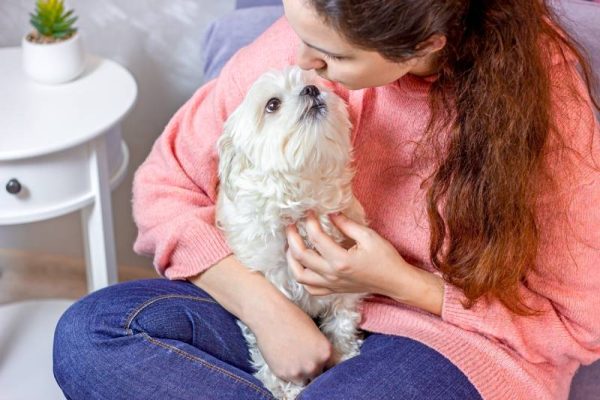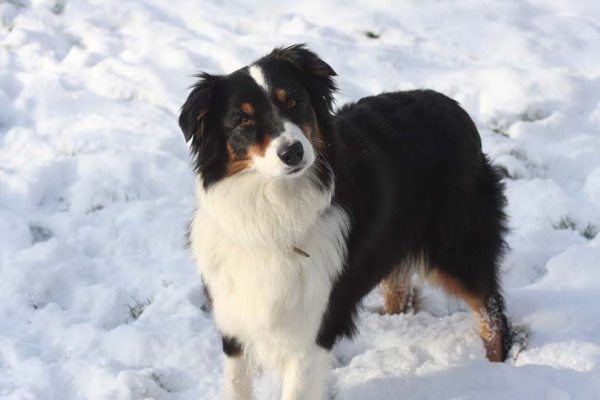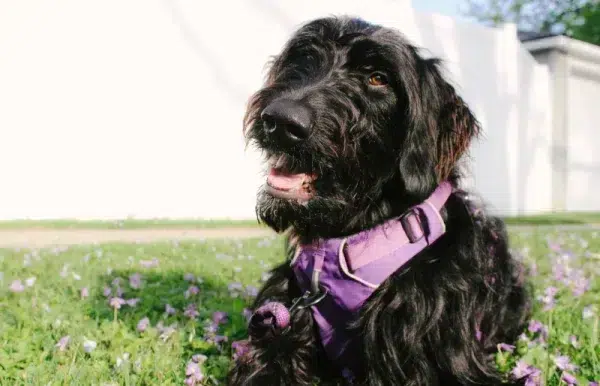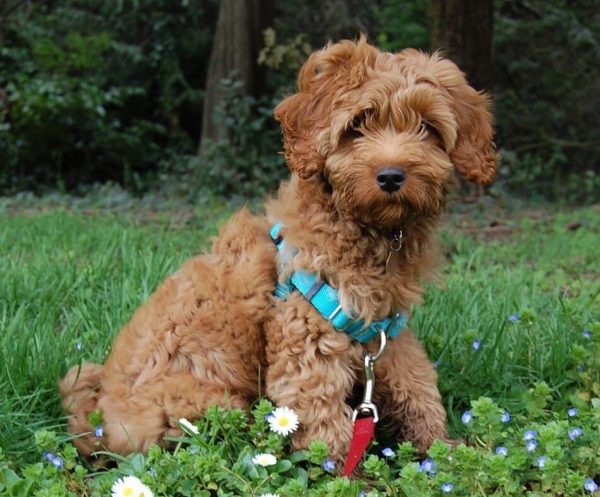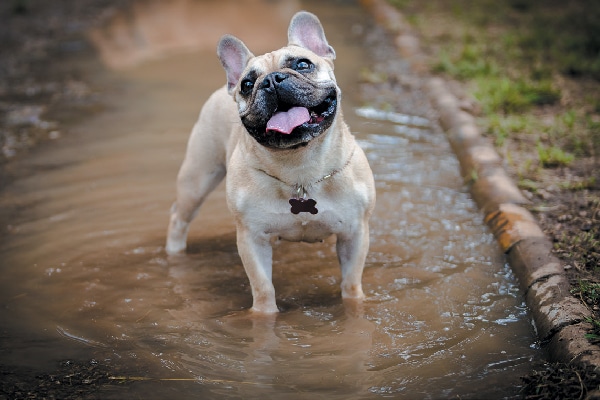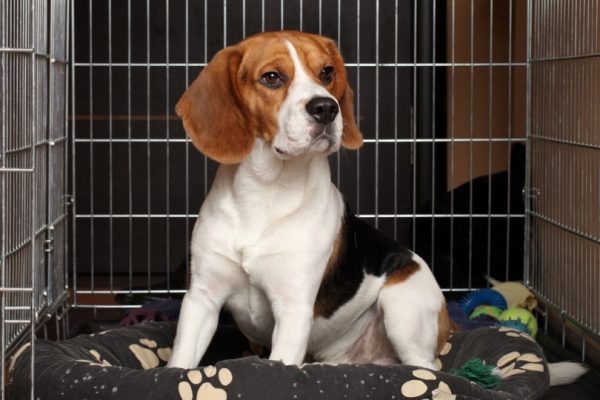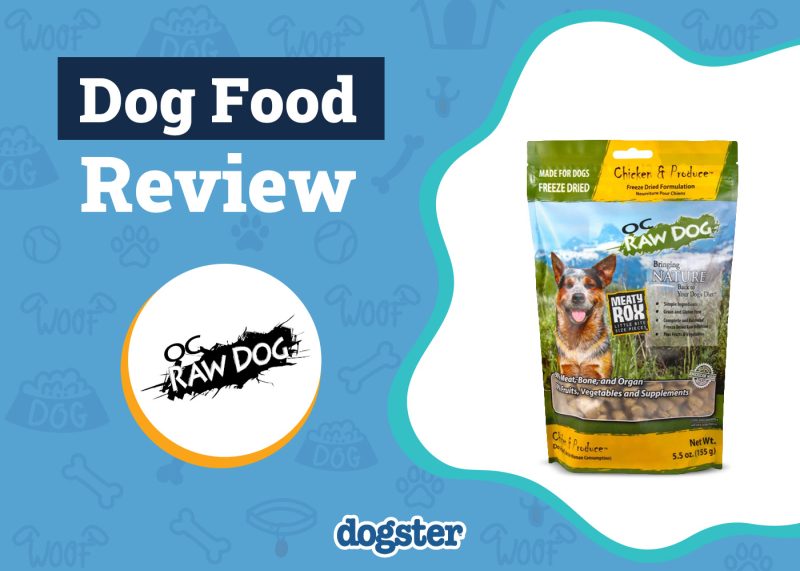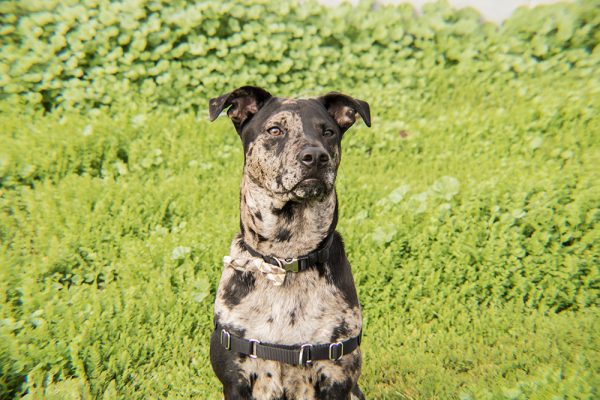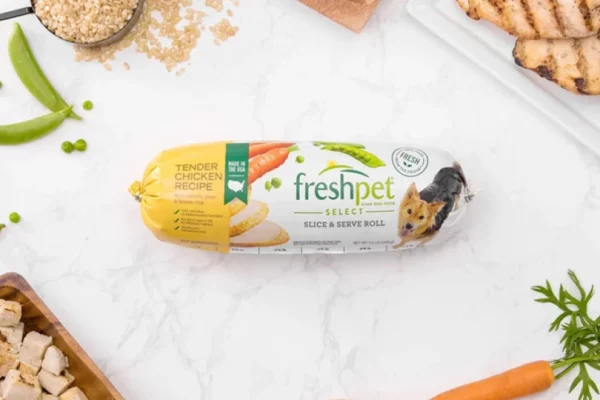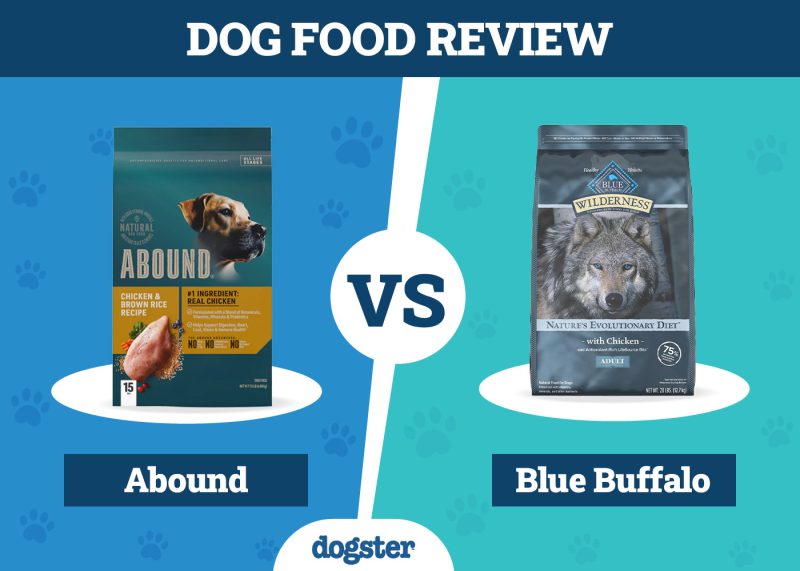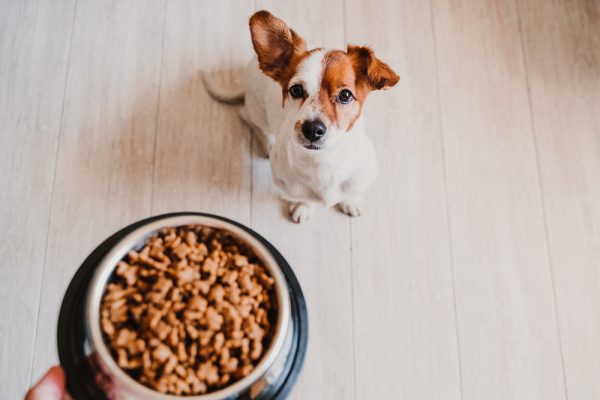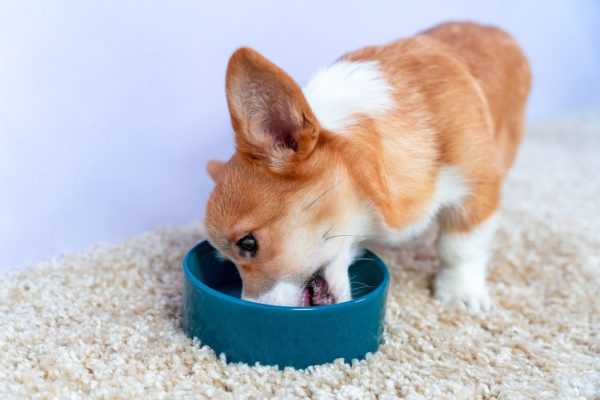In this article
View 8 More +The Havapoo is a designer dog bred from Poodle and Havanese parents which can also go by the name of Poovanese. To develop an understanding of the nature of the Havapoo, such as the temperament and health conditions, we must look at the parents of this bundle of fur. Poodles were originally bred to be hunter and retriever dogs and are incredibly intelligent and loyal. The Havanese dogs are native to Cuba and are gentle, affectionate, and smart. Combining the Poodle and Havanese breeds results in a loyal, intelligent companion dog.
Breed Overview
Height:
8–15 inches
Weight:
15–45 pounds
Lifespan:
12–14 years
Colors:
Brown, gray, black. gold
Suitable for:
Singles, couples, and families
Temperament:
Loyal, intelligent, friendly, and playful
The Havapoo is considered a hybrid and has steadily gained in popularity during the last 10 years in the United States. Since they have only been around for a short time, they do not have a long history that provides more data about their health and behavior. However, you can learn a lot by studying the parents, which will give you an idea about what to expect from a Havapoo.
Havapoo Characteristics
Havapoo Puppies
Many breeders socialize their puppies and provide vaccinations, health tests, and deworming. Your puppy will also cost more if the parents are registered purebreds with the American Kennel Club. Reputable breeders will be willing to talk to you about the health of the parents and are also likely to offer a health guarantee for a length of time or a certificate of general good health upon adoption. Be sure to ask your breeder the right questions to make sure your pup is healthy, and the breeding practices are ethical.
The hybrid combination of the Poodle and the Havanese makes for an intelligent, easy-to-train dog. They want to play with their owners and enjoy positive reinforcement training.
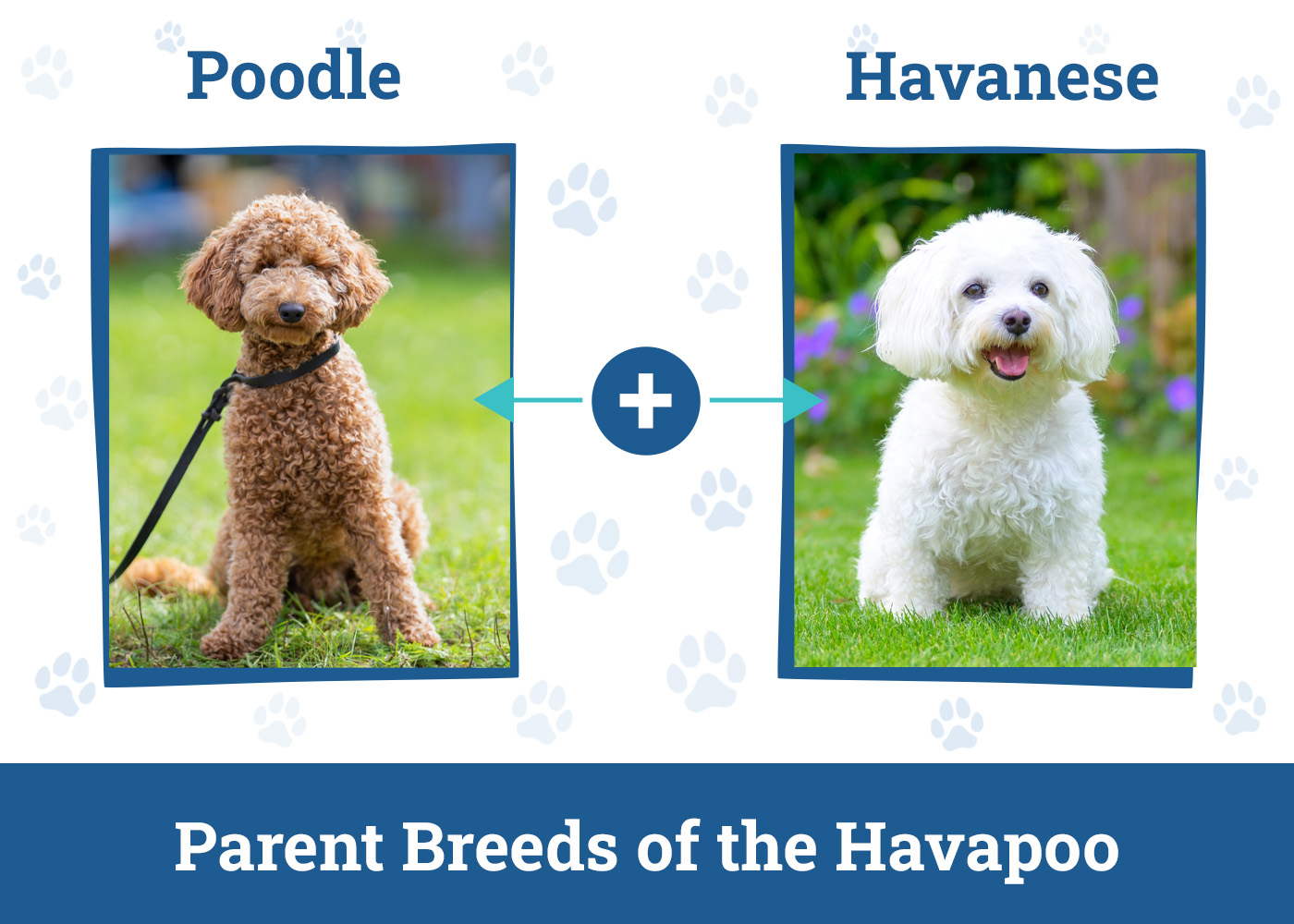
Temperament & Intelligence of the Havapoo
The Poovanese was bred to be a companion animal and is a very affectionate dog. They’re intelligent, loyal, and playful and enjoy spending time with you. Most are also calm and quiet. Poovanese dogs love to play, are trainable, and are good with children. They like to cuddle and are happy to be lapdogs. They are very friendly pets and will not have any issues with meeting new people.
Are These Dogs Good for Families?
Poovanese are good family dogs since they do well around children. Young children should learn to be gentle with the Poovanese, and the dog should be socialized with children from a young age to avoid potential conflicts. They are good companions to family members since they love to spend time with their owners. They are not big barkers and may not let you know if a stranger enters your property.
Does This Breed Get Along with Other Pets?
This friendly pup gets along well with other dogs and pets. However, early training and socialization with other animals in the household will be necessary for pet harmony within the home. Havanese and Poodles are regarded as excellent training partners, and if you keep the sessions brief and exciting, your Havapoo shouldn’t have any problems learning commands and tricks.
Things to Know When Owning a Havapoo:
Food & Diet Requirements
Poovanese can vary in weight from as little as 15 pounds up to 45 pounds, depending on their genetics. Choose a quality pet food and feed your pup the recommended amount based on their age and weight. Finding a food your pet likes may take a few tries, so be ready to try different brands. If you are uncertain about which brand to feed your dog, ask your vet for recommendations and feeding tips.
If you need to switch your dog’s food at any time, add the new formula gradually, and increase the portions over a period of a few weeks until only the new food remains. For example, if you feed your dog 1 cup twice a day, add ¼ cup of the new food at each meal to slowly introduce the new food to your dog. Many dogs experience digestive problems when their food is switched abruptly, and it is important to slowly adjust their diet over 7-10 days to prevent diarrhea or vomiting.
Exercise
The Havapoo requires daily walks as part of a moderate exercise routine. It is recommended that you walk your Poovanese about 9 miles over a week to keep them happy and healthy. They will also need play sessions every day with you to stay healthy and fit. They are intelligent dogs, and mental stimulation will be needed to prevent boredom. Puzzle games and training exercises will keep boredom at bay.
Training
The Havapoo inherited their intelligence from the Poodle, and they love to learn new tricks. Poovanese are highly trainable and can learn new skills quickly. Training can be done at home with positive reinforcements, such as pets and treats. Puppy training classes can help you and your pup learn training skills and expose your puppy to socialization. As your dog grows, you can enroll them in additional training courses.
Grooming ✂️
The coat of a Havapoo varies in length, but it’s curly or wavy. They have a double coat with a short layer underneath, and the topcoat is fluffy. Poovanese shed very little and only need to be brushed a few times a week to prevent tangles or remove knots in their fur. A comb, a de-matting tool, and a pin brush are ideal for maintaining your dog’s coat.
Bathe your pet only as needed, but keep their ears dry after baths, and ask your vet how often you should clean your dog’s ear to prevent ear infections from occurring. Remember to clip your dog’s nails every few weeks, and if you can’t do it yourself, hire a good groomer to take care of bathing and nail care.
Health and Conditions
The Poovanese is a relatively young designer dog, and it is not known yet what common health problems may affect them during their life. It’s crucial to look at the parent breeds to see which conditions affect them and their offspring.
- Deafness
- Epilepsy
- Ear infections
- Cataracts
- Addison’s disease
- Hip Dysplasia
- Hypothyroidism
- Patella Luxation
- Dental issues
It’s important to note that your dog may not experience any of these health conditions as they age. The Poovanese is a new designer dog breed and there just isn’t enough data to say if the conditions that affect the parents will, or will not, affect the puppy.
Male vs Female
There are few differences between male and female Poovanese. The males may have more alpha characteristics, but it is unlikely to cause issues in the home since the Poovanese is such a laid-back character. If it becomes an issue, take your dog to a trainer to help with the problem. Females have a higher-pitched bark. Other than those two issues, male versus female comes down to the personal preference of the pet owner.
3 Little-Known Facts About the Havapoo
1. It Has Several Names
The Poovanese is also known by several other names, including the Havapoo, Havadoodle, or Island Mini Doodle.
2. They Are Considered “Hypoallergenic”
They are considered “hypoallergenic” because they have a low-shedding coat.
3. They’re Sturdier Than They Look
Although they may be small, they are generally solid throughout with good musculature. Adults, children, and other pets still need to take their small size into account when playing, but Havapoos can handle several physical activities, such as walking, playing fetch, and playing hide-and-seek.

Final Thoughts
Havapoo are loveable companion animals that are happy to spend their time with their humans. The hybrid combination of the Poodle and the Havanese is a smart and trainable pet. They want to please their owners and respond well to positive reinforcement training. It will be essential to take your Havapoo on walks daily because they can gain weight if they don’t burn enough calories every day.
It will also be essential to groom your dog a couple of times a week, brush their teeth, trim their nails, and keep their ears clean to prevent infections. If you’re prepared to take excellent care of this furry bundle of joy, you’re all set to become a dog parent to the loveable Poovanese.
See also:





